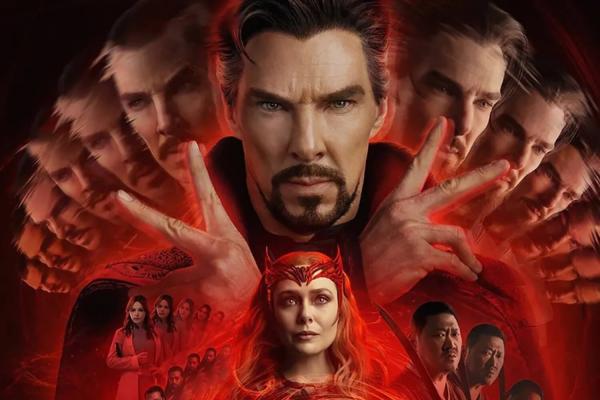May 13, 2022
Two films in theaters right now ask if we can find some way to escape the madness of our reality and find something better. Sounds pretty nice, doesn't it?
Read the Full Article

Already a subscriber? Login

Two films in theaters right now ask if we can find some way to escape the madness of our reality and find something better. Sounds pretty nice, doesn't it?
